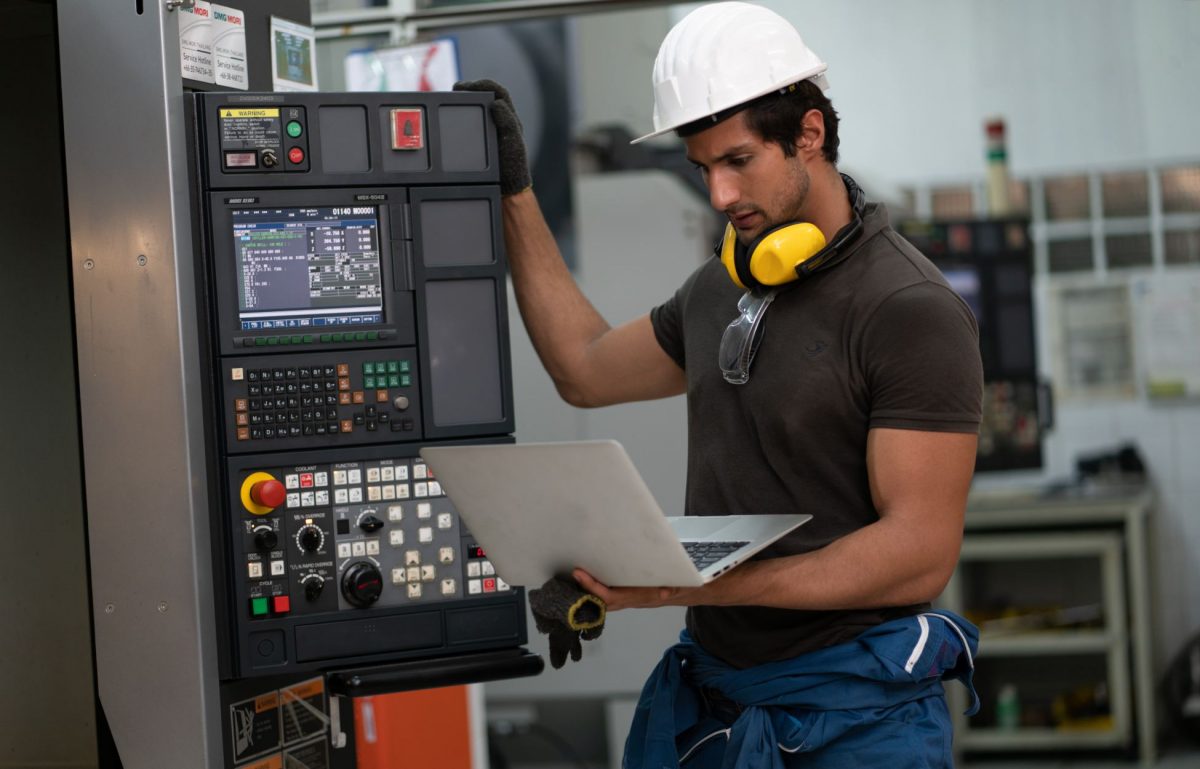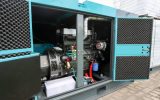Prolonging the life of computer numeric control (CNC) machinery is essential for ensuring efficiency, productivity, and cost-effectiveness in manufacturing operations. CNC machines are sophisticated tools that rely on precise control systems to produce intricate parts and components accurately. Like any advanced piece of equipment, they require regular upkeep to perform optimally over time.
Proper maintenance not only enhances machine reliability but also reduces downtime, preventing costly repairs and extending the machinery’s lifespan. Let’s look at how to prolong the life of CNC machinery so it lasts.
Regular Cleaning and Lubrication
The first step in maintaining CNC machinery is keeping it clean and lubricated. Dust, debris, and metal shavings can accumulate on the machine’s surfaces, affecting its accuracy and causing premature wear. Regularly cleaning these contaminants with a soft cloth or brush can prevent potential problems.
Additionally, lubricating moving parts such as ball screws, bearings, and rails will reduce friction and prevent wear from constant use. Make sure to use the right type of lubricant recommended by the manufacturer, and follow their guidelines for proper application.
Conduct Routine Inspections
Regularly inspecting your CNC machines is crucial to identify issues before they escalate. Inspect the machine’s components, including belts, motors, and electrical connections, for signs of wear or damage. Check for loose screws or bolts, and tighten them if necessary.
It is also essential to inspect and change filters regularly, as clogged filters can cause overheating and affect the machine’s performance. Understanding the different components of your CNC machine and conducting routine inspections can help maintain its longevity.
Train Operators Properly
Provide training for operators to use CNC machinery efficiently. They must understand how to operate the machine correctly, identify potential issues, and perform basic maintenance tasks like cleaning and lubrication.
Inadequate training can lead to mistakes that can cause significant damage to the machine, resulting in costly repairs and downtime. Regularly providing refresher training can help operators stay updated on new maintenance techniques and best practices.
Follow Maintenance Schedules
CNC machinery manufacturers typically provide recommended maintenance schedules for their machines. It is essential to follow these schedules closely to ensure optimal performance and longevity of the equipment.
The maintenance schedule may include tasks such as changing filters, inspecting components, and replacing worn parts. By following these schedules, you can catch potential problems early on and prevent breakdowns that could affect production.
Keep Records
Keeping detailed records of maintenance tasks, repairs, and any issues with the machine can be beneficial in prolonging its life. These records will help you track the machine’s performance, identify recurring problems, and make informed decisions about when to replace parts or upgrade the equipment.
Proper maintenance is crucial in prolonging the life of CNC machinery. Regular cleaning, operator training, and keeping detailed records are key factors in ensuring optimal performance and extending the lifespan of these sophisticated machines. By implementing these practices, you can minimize downtime, reduce costly repairs and replacements, and maximize productivity for years to come.













